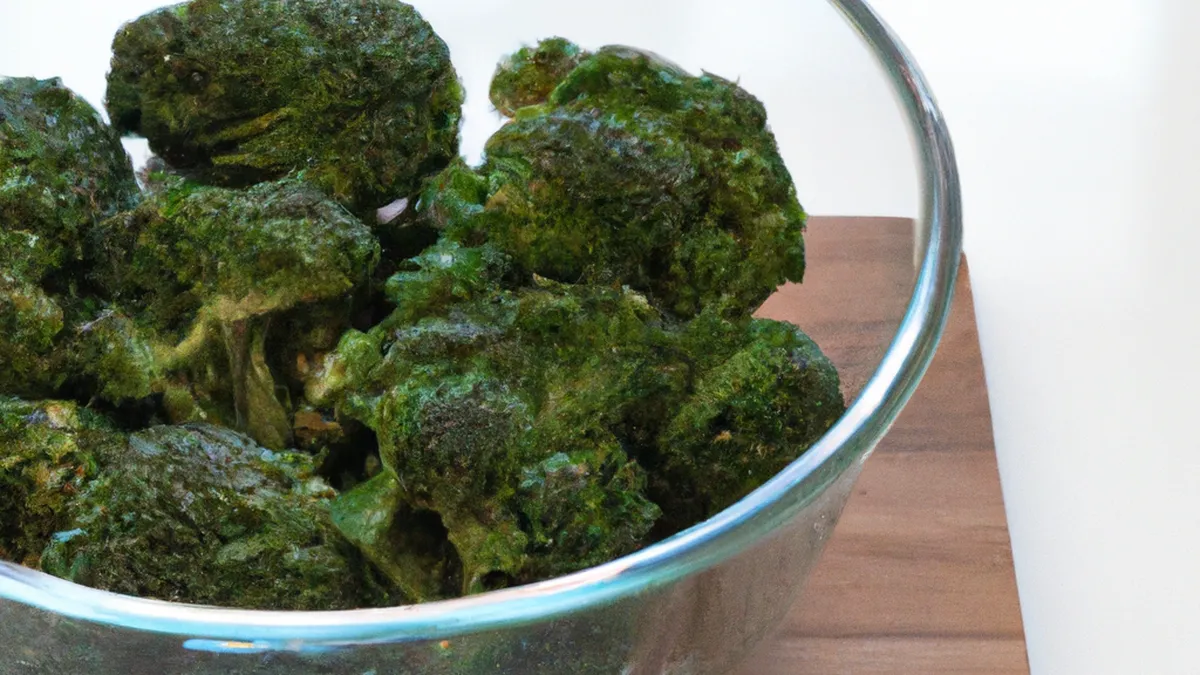Ski Better with Strategic Nutritional Planning
Analyzing the Effects of Nutrition on Ski Performance
Skiing demands strength, agility, and endurance. Athletes must prioritize nutrition to excel on the slopes. A balanced diet fuels performance, enhances recovery, and prevents injuries. This blog explores how nutrition affects ski performance and offers practical tips.
The Importance of Proper Nutrition
Nutrition significantly impacts athletic performance. It influences energy levels, muscle recovery, and overall health. Skiing requires both endurance and explosive power. Without proper fuel, skiers may fatigue and underperform. Therefore, understanding nutritional needs is essential for improvement.
Energy Sources for Skiing
Skiing relies on carbohydrates for energy. Carbs provide fuel for both short bursts and long-distance endurance. Athletes should consume complex carbohydrates like whole grains, fruits, and vegetables. These foods release energy slowly, helping maintain stamina throughout the day.
Protein also plays a vital role in muscle repair and growth. Skiers should include lean meats, dairy, legumes, and nuts. These foods rebuild muscle tissue after strenuous runs. Healthy fats from avocados, olive oil, and nuts offer long-lasting energy. Balancing macronutrients ensures optimal performance.
Hydration Matters
Skiing often occurs in cold, dry environments, leading to dehydration. Proper hydration supports performance and prevents fatigue. Skiers should drink water regularly, especially before skiing. Electrolyte-rich drinks can replenish lost minerals during intense sessions.
Tips for Optimal Ski Nutrition
To improve ski performance, consider these nutrition tips:
1. **Plan Your Meals**: Before your ski trip, plan nutritious meals. Ensure a balance of carbohydrates, proteins, and fats.
2. **Snack Wisely**: Pack healthy snacks for the slopes. Granola bars, trail mix, and fruit provide quick energy.
3. **Post-Ski Recovery**: Focus on recovery meals after skiing. Include protein-rich foods to repair muscles.
4. **Avoid Heavy Meals**: Heavy meals can slow you down. Opt for smaller, frequent meals to keep energy levels stable.
Advice for Different Skill Levels
Skiers of all levels benefit from tailored nutritional strategies. Beginners should build endurance and strength. A diet rich in complex carbohydrates and lean proteins supports stamina. They must stay hydrated in cold, dry weather.
Intermediate skiers often push limits and require recovery. Increasing protein intake after skiing helps them recover faster. Including antioxidant-rich foods like berries reduces inflammation.
Advanced skiers need precise diets. Consulting a sports nutritionist can optimize macronutrient ratios and meal timing.
The Role of Supplements
Some skiers consider supplements to boost performance. Most nutrition should come from whole foods. However, certain supplements can be beneficial. Vitamin D supports bone health in winter, while omega-3 fatty acids may reduce inflammation. Always consult a healthcare professional before starting supplements.
Benefits of Good Nutrition for Skiers
Good nutrition offers many benefits for skiers:
– **Improved Performance**: Adequate fuel enhances endurance and strength. Skiers tackle challenging runs confidently.
– **Faster Recovery**: Proper nutrition speeds recovery. This means less soreness and more time skiing.
– **Injury Prevention**: A balanced diet supports overall health. Strong muscles and bones reduce injury risks.
– **Enhanced Focus**: Nutrition impacts cognitive function. A well-fueled brain helps skiers make quick decisions.
Conclusion
Nutrition is crucial for successful skiing. Proper fueling enhances performance, aids recovery, and prevents injuries. By focusing on balanced meals and hydration, skiers optimize their slopes experience. Implement these tips and enjoy skiing while feeling your best. Remember, healthy choices lead to better performances.
Below are related products based on this post:
FAQ
How does nutrition impact ski performance?
Nutrition significantly impacts ski performance by influencing energy levels, muscle recovery, and overall health. A balanced diet fuels endurance and explosive power, helping skiers maintain stamina and prevent fatigue on the slopes.
What are the best energy sources for skiers?
Skiers should focus on consuming complex carbohydrates like whole grains, fruits, and vegetables for sustained energy. Additionally, lean proteins, healthy fats, and proper hydration are essential for optimal performance and recovery.
What nutritional advice is recommended for different skill levels in skiing?
Beginners should prioritize a diet rich in complex carbohydrates and lean proteins to build endurance. Intermediate skiers should increase protein intake post-skiing for faster recovery, while advanced skiers may benefit from consulting a sports nutritionist to tailor their diets for specific performance goals.















Post Comment